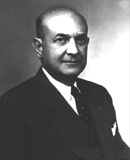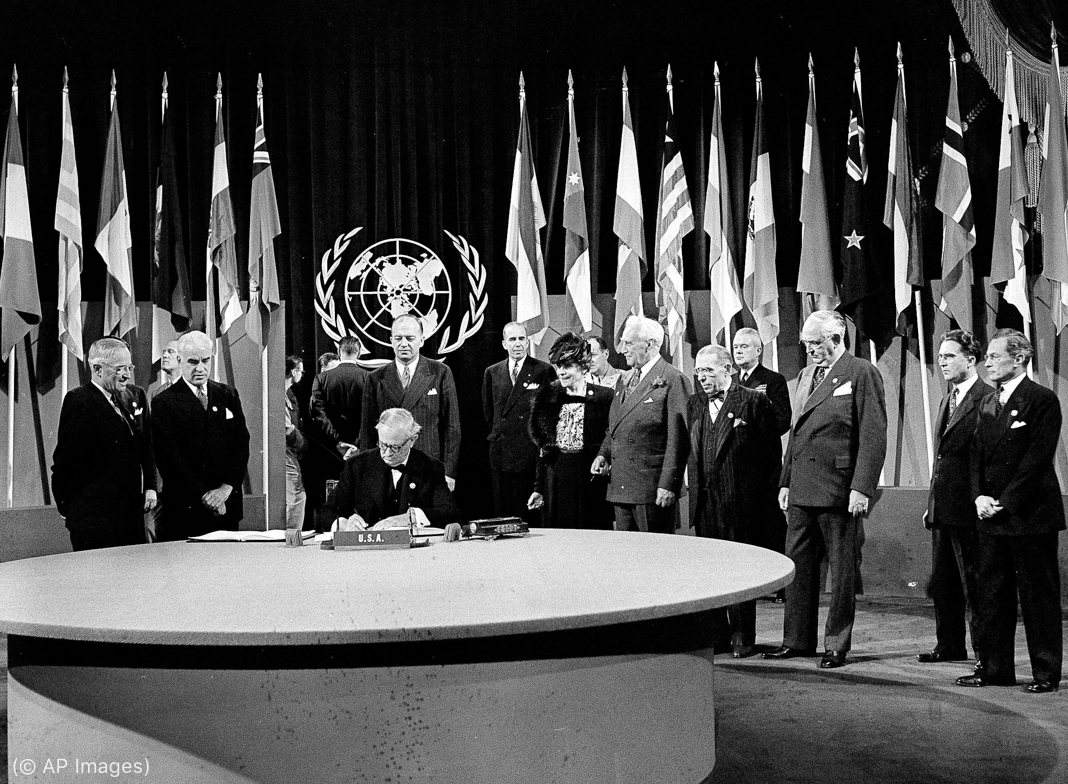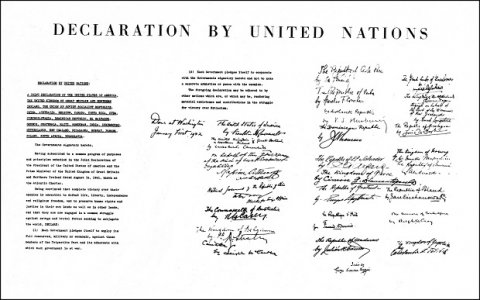
What does the Texas lawsuit (& the Supreme Court's decision to reject that lawsuit) teach us about "Sovereignty"?
[THREAD]
cnn.com/2020/12/11/pol…
[THREAD]
cnn.com/2020/12/11/pol…
By way of background, the Texas Lawsuit asked the US Supreme Court to nullify the votes from Wisconsin, Michigan, Pennsylvania, and Georgia. Texas perceived those states as having carried out flawed elections.
texasattorneygeneral.gov/news/releases/…
texasattorneygeneral.gov/news/releases/…
At the heart of the case was the idea of "sovereignty"
"Sovereignty" was explicitly invoked by @Georgia_AG: Texas lawsuit is an "attack on Georgia’s sovereignty"
georgiarecorder.com/brief/most-gop…
georgiarecorder.com/brief/most-gop…
This phrase was found in Georgia's official opposition filed to the Supreme Court
supremecourt.gov/DocketPDF/22/2…
supremecourt.gov/DocketPDF/22/2…

Similarly, @Yost4Ohio, in his brief to the Supreme Court, argued that Texas' lawsuit challenged "the idea that the States are sovereigns, free to govern themselves."
cleveland.com/open/2020/12/o…
cleveland.com/open/2020/12/o…
This sentiment was echoed by @GovernorGordon of Wyoming:
“we believe that the case could have unintended consequences relating to a constitutional principle that the state of Wyoming holds dear — that states are sovereign, free to govern themselves,”
washingtonpost.com/politics/2020/…
“we believe that the case could have unintended consequences relating to a constitutional principle that the state of Wyoming holds dear — that states are sovereign, free to govern themselves,”
washingtonpost.com/politics/2020/…
Sovereignty is a (perhaps "the") core idea in all of political science.
As I like to say to students, "if SCARCITY EXISTS is the starting assumption of economics, SOVEREIGNTY IS A THING is the starting assumption of political science."
As I like to say to students, "if SCARCITY EXISTS is the starting assumption of economics, SOVEREIGNTY IS A THING is the starting assumption of political science."
Don't just take my word for it. Consider a terrific overall (and 🤯ing) assessment of "sovereignty" from the late @UChicago political theorist Jean Bethke Elshtain
amazon.com/Sovereignty-St…
amazon.com/Sovereignty-St…
What does it mean to be "sovereign"?
While acknowledging the complexity of the concept, Elshstain does offer a rather simple and useful formulation: "self-determination for a territorial, collective entity."
While acknowledging the complexity of the concept, Elshstain does offer a rather simple and useful formulation: "self-determination for a territorial, collective entity."
This definition is useful, because it is broader than the standard "upholding a monopoly on the legitimate means of violence" formulation offered by Max Weber 

In the subfield of International Relations (🙋♂️) sovereignty is a particularly important concept
press.princeton.edu/books/paperbac…
press.princeton.edu/books/paperbac…
Indeed, the importance of sovereignty (and sovereign recognition) for international relations was on display this week for another reason (though that's for another 🧵)
https://twitter.com/realDonaldTrump/status/1337067127455539201
Coming back to the Texas lawsuit, the statements in opposition to the lawsuit highlight the complex nature of sovereignty in the United States.
The United States is a sovereign state that is a collection of sovereign states that share sovereignty. 🤔🤷♂️
A.K.A. Federalism (e.g. @profjennabedna in @AnnualReviews)
annualreviews.org/doi/abs/10.114…
A.K.A. Federalism (e.g. @profjennabedna in @AnnualReviews)
annualreviews.org/doi/abs/10.114…
Indeed, this is why I've argued that the US Constitution is best understood as an international organization
https://twitter.com/ProfPaulPoast/status/1250042919391825921
And the "US Constitution as IO" argument is by no means unique to me
academic.oup.com/past/article/2…
academic.oup.com/past/article/2…

US history is full of (you could even say "defined by") debates about how much sovereignty is "shared" and how much is "retained" by the individual states.
amazon.com/exec/obidos/IS…
amazon.com/exec/obidos/IS…
Depending on the particular issue -- say, the ability of states to retain a slave-based economy -- the debate can become "heated" 

One issue the status of "sovereign control" has been discussed and debated and contested over time is administering elections.
constitutioncenter.org/interactive-co…
constitutioncenter.org/interactive-co…
But it's been consistently found that, so long as state legislatures set rules for the election that are not contrary to federal laws (e.g. not allowing voting for a President ON the Federally determined election day), they can set the “Times, Places, and Manner” of the election.
Indeed, the fact that "election day" in the USA is really "electionS day", has led to some "hotly debatable" political science takes lately
https://twitter.com/Yascha_Mounk/status/1324337099961704448
In the end, it seemed the US Supreme court agreed.
Indeed, the two justices who were willing to hear the case only wanted to do so out of principle (i.e. Supreme Court is intended to settle disputes between states), not out of agreement with Texas
Indeed, the two justices who were willing to hear the case only wanted to do so out of principle (i.e. Supreme Court is intended to settle disputes between states), not out of agreement with Texas
https://twitter.com/mjs_DC/status/1337550551010209794
Overall, the case boiled down to the notion of "sovereignty": who holds it & when.
While the "supra-state" entity of Congress has sovereign authority to tell Georgia (or Michigan or etc) how to run an election, Texas (another state) does not.
That's "sovereign equality"
[END]
While the "supra-state" entity of Congress has sovereign authority to tell Georgia (or Michigan or etc) how to run an election, Texas (another state) does not.
That's "sovereign equality"
[END]
• • •
Missing some Tweet in this thread? You can try to
force a refresh










